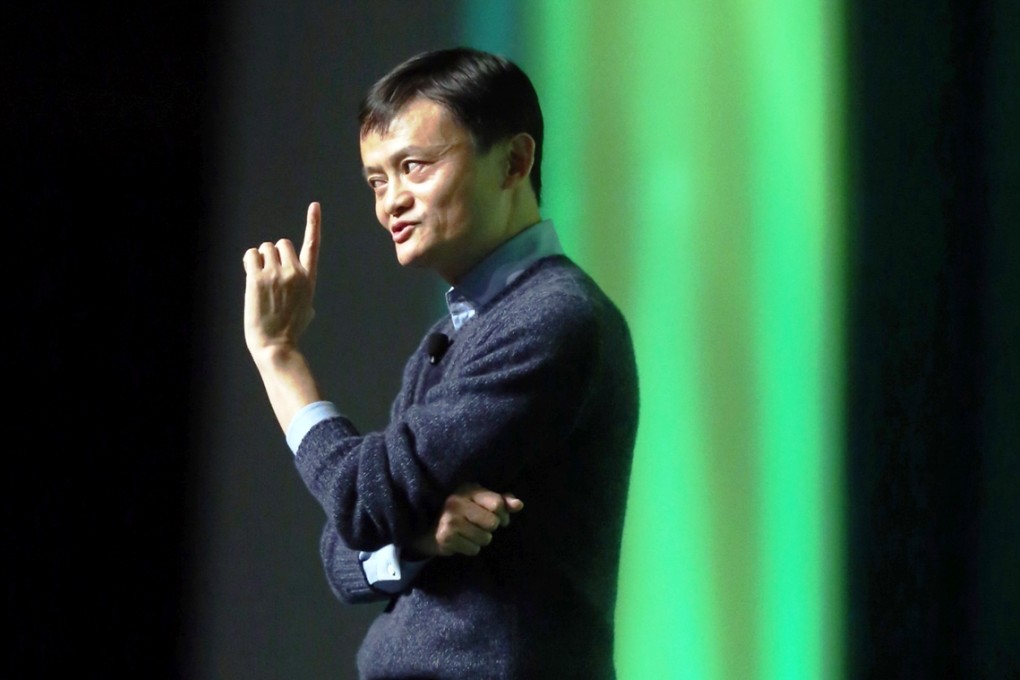80 per cent of Chinese philanthropists donations last year went to institutions outside mainland China, says survey
Survey shows 80 per cent of funds went to institutions outside mainland

About 80 per cent of the charity donations made by Chinese philanthropists last year benefited institutions outside mainland China, a survey shows.
China Philanthropy Research Institute, at Beijing Normal University, has recently compiled a list of the top 100 mainland philanthropists that made the most donations during 2014.
The 100 philanthropists, including individuals and families, donated a total of 30.4 billion yuan (HK$38 billion).
More than 24.2 billion yuan - about 80 per cent of all donations - went to Hong Kong, Macau, and foreign institutions, the institute found.
Last year was the first time donations to non-mainland institutions had exceeded those made to mainland ones since 2011, when the survey began.
Jack Ma Yun, chairman of mainland's e-commerce giant Alibaba Group, topped the list by donating to a foreign charity group shares valued up to the end of last year at 16.9 billion yuan.